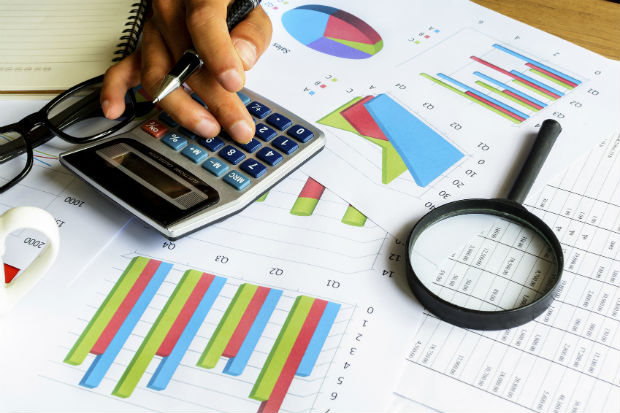 Back to the news
Back to the news
Taking charge Of Your Tax Checklist
Brian Jang ON January 31, 2018
There are quite a few things to consider where taxes are concerned. Keeping track of required documents, and even simply knowing what expenses are claimable or not, can be troublesome for many. The Canadian Tax system has more than 400 different credits and deductions, making it something of a challenge to know everything you are entitled to.
It may be your first time doing your taxes, or it may be your 10th. Either way, you can certainly benefit from keeping a checklist to ensure that nothing is forgotten. With that in mind, here are some tips for you as you put together your tax checklist.
General Information
You are likely aware already of what personal information you will need to provide, such as your date of birth and social insurance number, but keep in mind that you will also need this same information for your spouse and your descendants.
There are some credits, such as the Canada Caregiver Amount, that will require you to have your dependent’s net income, so that is good information to keep handy. If you are claiming a tuition transfer from your spouse or child, then you should keep a copy of their completed return, as you will need certain figures from it.
Something else that is handy to keep with you is your Notice of Assessment from the previous year. It will be useful not only as a guide, but also because on it you can find any unused amounts from tuition, losses, moving expenses and capital cost allowance.
Income and Deductions
Prepare all the necessary information regarding your income. If you worked a traditional job, working for an employer, you will need your T4. If your income was the result of running your own business or earned through ride-sharing, have on hand the details of your income and all related expenses.
There are other types of income to consider as well. Among them:
- Dividends or income from investments
- Spousal support
- Pension income
- Interest
- Social assistance
- Workers compensation benefits
- Income from rental properties, or the rental of rooms in your home
- Employment insurance
- RRSP payments
- Tips and gratuities
You may have a wide range of deductions and credits available to you, depending on your situation. For example, if you are caring for a disabled relative, you may get a break through the Canada Caregiver Amount. If you were required to relocate as part of your employment, you may be able to claim moving expenses.
Take the time to gather and prepare all the information required for potential deductions, such as RRSP payments, charitable donations, medical expenses, daycare costs, and tuition payments.
Sample Checklist
What follows is a sample checklist to give you an idea of what one might look like.
- Previous year’s return
- Previous year’s notice of assessment
- Personal information, including address, SINs of all family members, date of birth, marital status
- T3 (trust and dividend income)
- T4 (employment income)
- Investment income
- Pension income
- Charitable donations
- Home office expenses
- Child care payments
- Copies of the current year’s returns for claiming dependent credits and transfers
- RRSP payments (up to the end of February)
- Student loan interest
- Tuition fees
- Medical expenses
- Interest on loans paid to earn investment income
- Moving expenses that have not been reimbursed
- Spousal support payment (paid or received)
There is a great deal to keep track of when it comes to your taxes, but keeping a checklist will help ensure that you don’t miss anything important.







